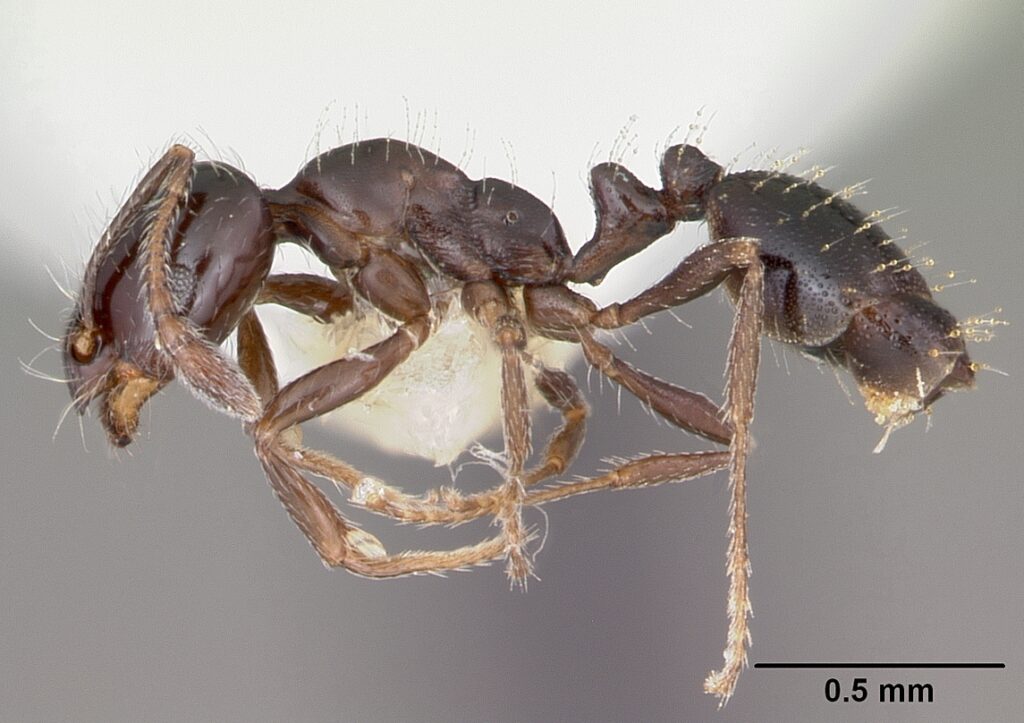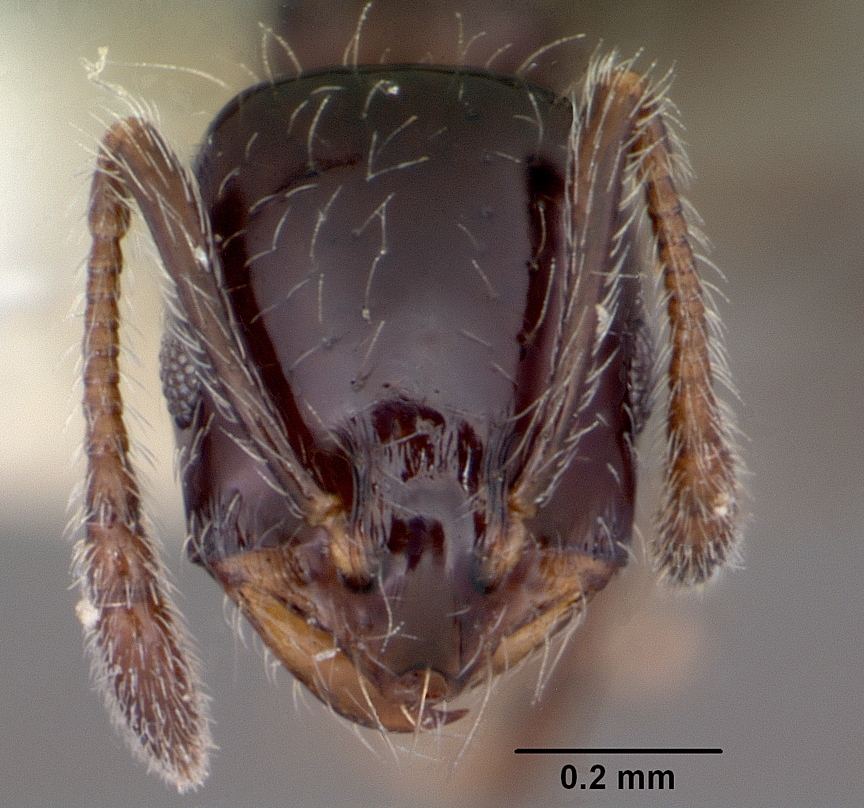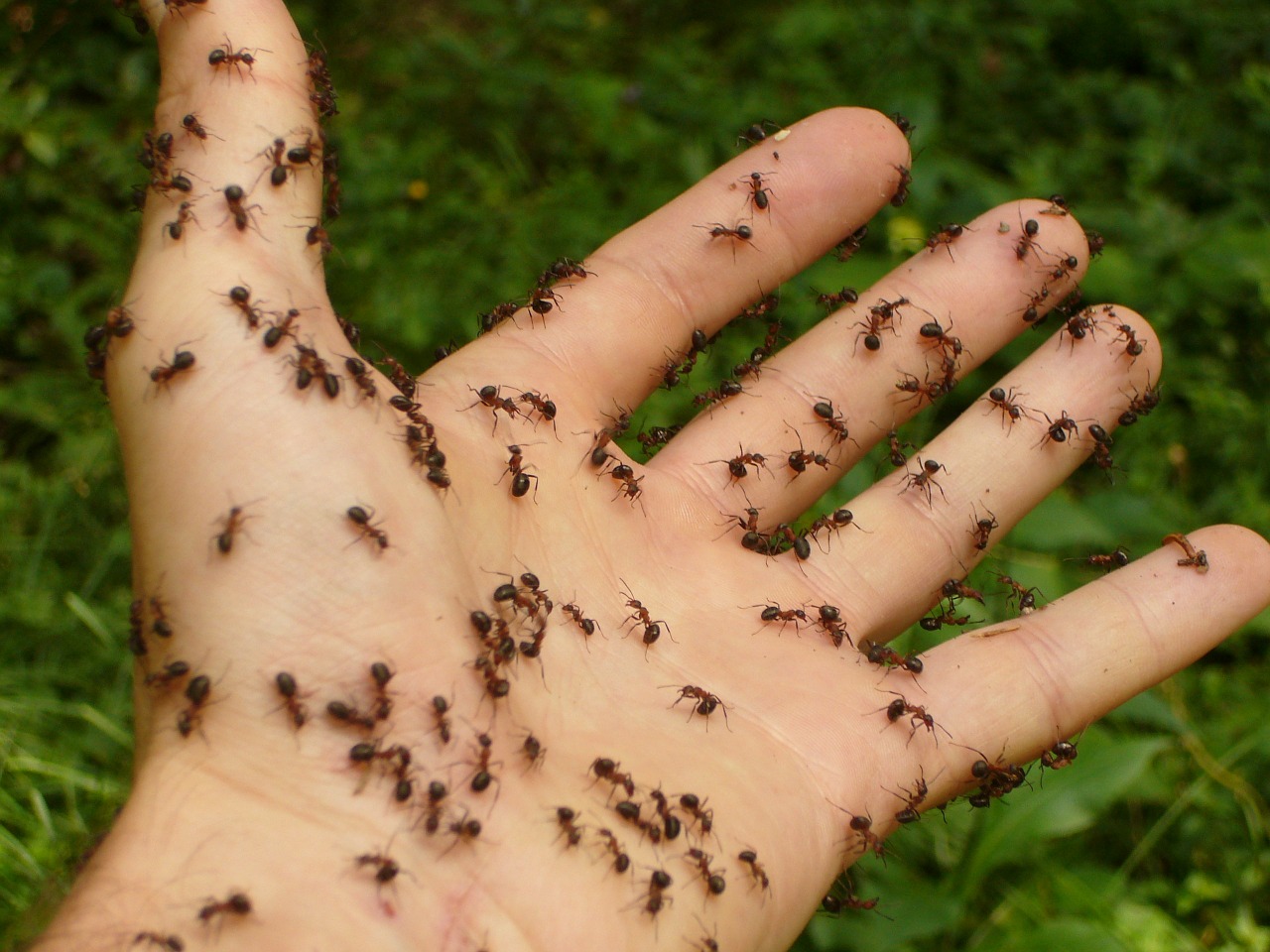There are thousands of ant species out there, but there are some species that are more likely to invade your home. One such species is called the Monomorium minimum — a species of ant native to North America. These ants are also known as small black ants. So, what does it mean if you have these small black ants in your house?
Fast facts about Monomorium minimum
First, it’s important to know what small black ants are in the first place. When you are trying to deal with pests, knowing your enemy is a necessary step. Here are some fast facts about small black ants.
- They look exactly how you think they look. These ants are small, clocking in at about 1.5 to 2 millimeters. They are also typically black, jet-black, or dark brown. Some of the many threats associated with ants are ant bites and stings. Yes, small black ants do have stingers. But fortunately, these are often too small and weak to do some real damage. Small black ants are not as dangerous as other ant species, like fire ants. Fire ant bites and stings are painful. They can also give you a burning sensation.
- They live in a specific part of the world. Small black ants are native to North and Central America. If you live in these parts of the world, you are more likely to get infestations in your house. In the wild, you can find small black ants in dark and protected areas. They like to nest inside decaying logs and under rocks. And if you have these on your garden, lawn, or yard, your property becomes especially vulnerable. And they can also get inside your house. They can nest in the cavities and voids of your walls and other wooden parts of your property.
- They are not picky eaters. Different ant species have different diet preferences. For instance, some ants prefer sweet substances like honeydew and other sugar-based food items. And some ants prefer protein-rich food items like insects. Small black ants are not very picky. They will eat almost anything — from sweet honeydew to dead insects. But with that said, they do have a sweet tooth. They particularly enjoy honeydew and plant secretions.

Why you have small black ants in your house
Ants are the most numerous insects in the world. At any given moment, there may be about 10 to 100,000 trillion ants on the planet. With such a high population, you are bound to see them, even on your property. But are there specific reasons for black ants to be in your house?
- It’s small black ants season. Some pests are more abundant during a specific time of the year. For example, yellow jacket populations peak during late summer because of the abundance of resources. Small black ant populations, on the other hand, peak from June to August. This is because these months serve as their mating period. And to make it worse for homeowners, small black ant colonies are also relatively large. They contain about 2,000 workers and many queens.
- Food and water are too accessible on your property. Like other pests, small black ants are attracted to your house because of food and water accessibility. If food and water are very easy to get on your property, expect these foragers to come crawling up your walls and windows. But you can use this fact to your advantage. You can prevent small black ants from getting into your house by simply making food and water inaccessible.
- You live in an area where small black ants thrive. Small black ants live across North and Central America. But more specifically, they thrive in southeastern Canada and northern and eastern United States. They are also common in the southern half of California as well as in Mexico. If you live in these parts, you are more likely to have small black ants in your house.

How to get rid of the small black ants in your house
Small black ants are mostly just nuisance pests, meaning they don’t really cause harm and are just a general annoyance. But this doesn’t mean you should just let them roam around your property. They can still attack you or contaminate your food. Here are some effective ways to get rid of these pests.
- Make food and water inaccessible. If pests can’t find food and water on your property, there will be no reason for them to be there. There are so many ways to make food and water inaccessible. Store your food properly in containers and refrigerators. Clean up food crumbs and drink spills after eating. Don’t let the dishes pile up on the sink or the garbage cans overflow with trash. And the most overlooked of all — fix your plumbing problems. Issues in your plumbing can indirectly provide water and moisture to pests.
- Use baits. Ant baits are a great way to get rid of small black ants. These baits are food items mixed with toxic ingredients that kill pests. When ants gather these food items, they bring them back to their colonies, potentially killing even ant queens. There are commercial ant baits available out there. But you can also make some at home with simple ingredients — boric acid and powdered sugar. Simply mix boric acid and powdered sugar in a 1:3 ratio. And then sprinkle the mix to areas where you usually see ant trails. But take note that boric acid can be toxic to you as well. Be careful of using this mix if you have children and pets in your house.
- Call pest control professionals. Pest control professionals are the most reliable when it comes to dealing with ants. They have more knowledge and experience compared to amateurs who just read articles online on how to get rid of pest infestations. Pest control professionals also have access to more powerful insecticides that are not available to common people.
Get rid of small black ants now
Small black ants are nuisance pests. You are more likely to get small black ants in your house if food and water are easily accessible on your property, if it’s June to August, or if you live in North and Central America.
Even though small black ants are not as dangerous as other ant species, you should still get rid of them. Thankfully, small black ant infestations are relatively easy to eliminate with proper techniques and competent individuals.

